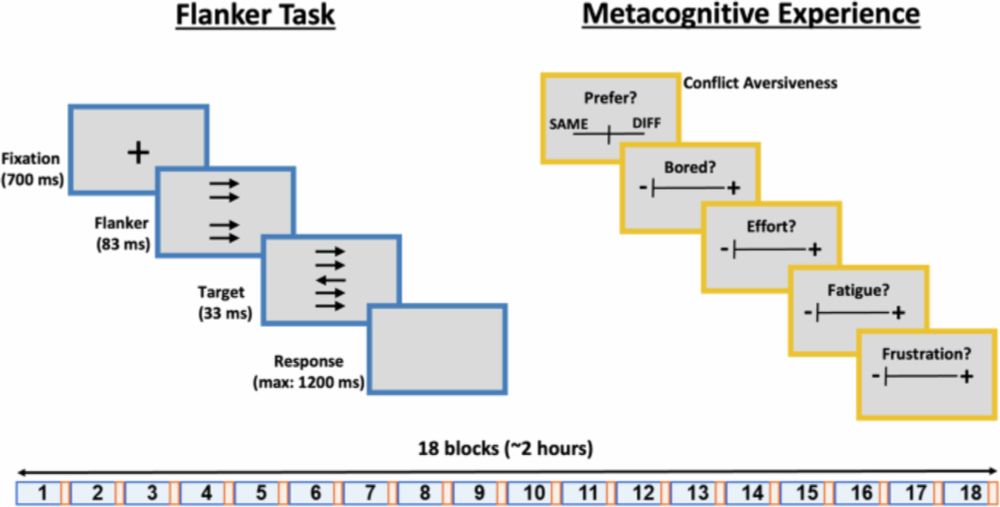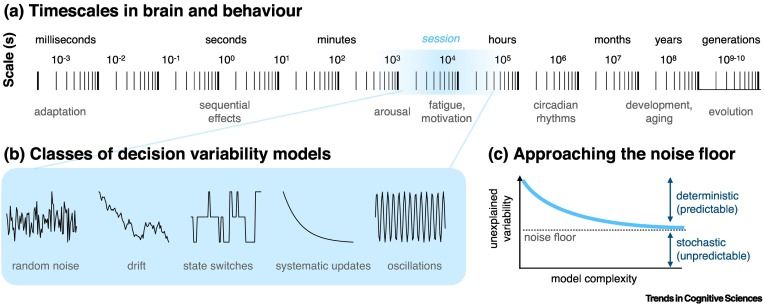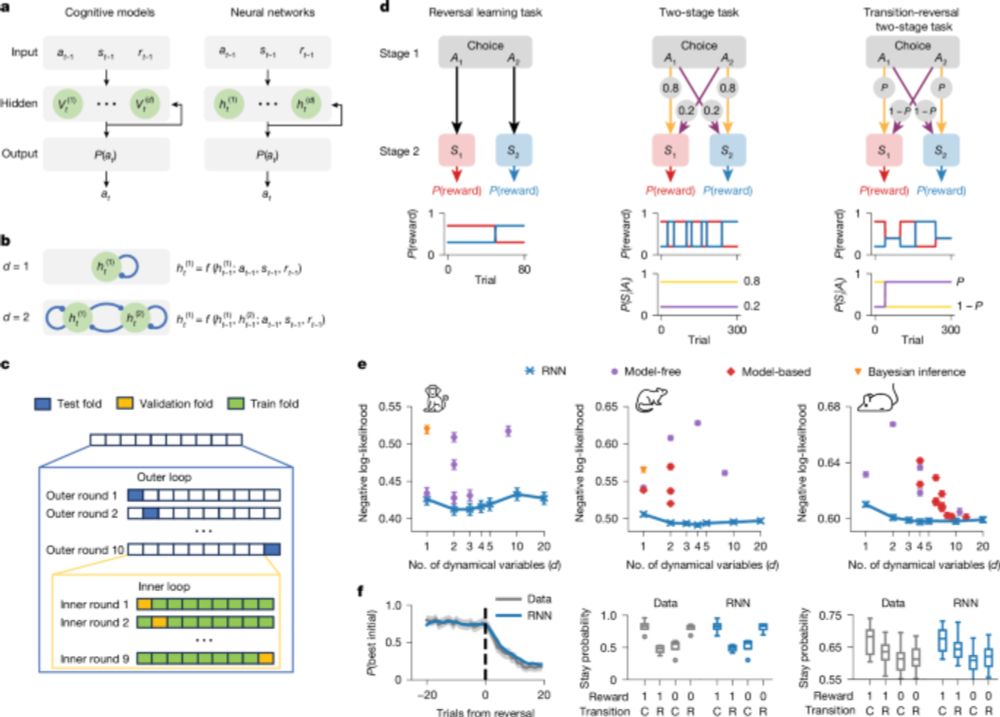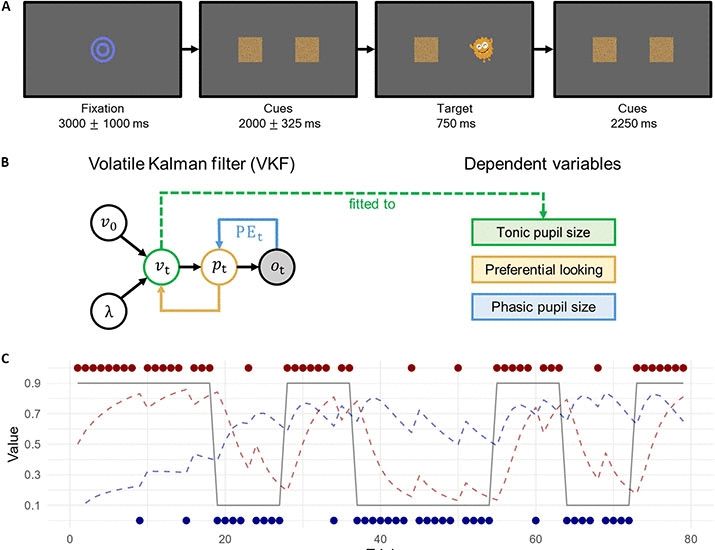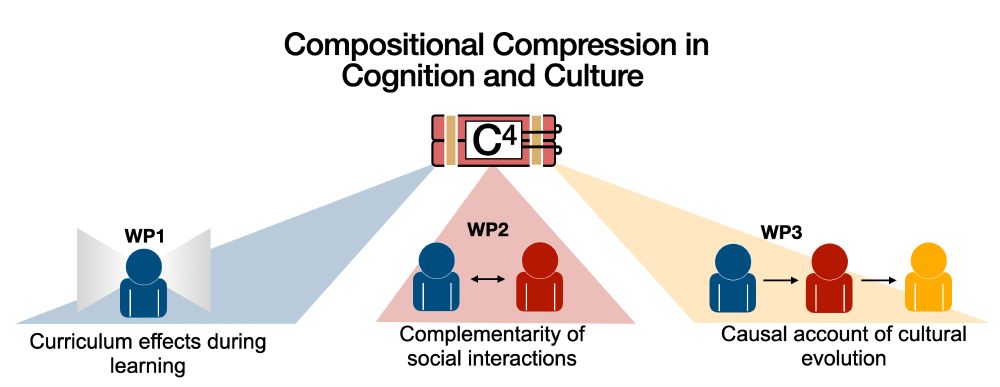Senne Braem
@sebraem.bsky.social
1.5K followers
510 following
24 posts
Professor of cognitive science, Ghent University. Cognitive control, reinforcement learning, fear conditioning, autism. https://users.ugent.be/~sbraem/
Posts
Media
Videos
Starter Packs
Reposted by Senne Braem
Reposted by Senne Braem
Reposted by Senne Braem
Ti-Fen Pan
@tifenpan.bsky.social
· Aug 29

Latent variable sequence identification for cognitive models with neural network estimators - Behavior Research Methods
Extracting time-varying latent variables from computational cognitive models plays a key role in uncovering the dynamic cognitive processes that drive behaviors. However, existing methods are limited ...
doi.org
Reposted by Senne Braem
Reposted by Senne Braem
Reposted by Senne Braem
Reposted by Senne Braem
Daniel Lakens
@lakens.bsky.social
· Aug 15
Reposted by Senne Braem
Reposted by Senne Braem
Lucy Lai
@lucylai.bsky.social
· Jul 25
Reposted by Senne Braem
Reposted by Senne Braem
Senne Braem
@sebraem.bsky.social
· Jul 17
Reposted by Senne Braem
Reposted by Senne Braem
Anna Schapiro
@annaschapiro.bsky.social
· Jul 16
Zhenglong Zhou
@neurozz.bsky.social
· Jul 16

A gradient of complementary learning systems emerges through meta-learning
Long-term learning and memory in the primate brain rely on a series of hierarchically organized subsystems extending from early sensory neocortical areas to the hippocampus. The components differ in t...
bit.ly
Reposted by Senne Braem
Reposted by Senne Braem
Reposted by Senne Braem
Earl K. Miller
@earlkmiller.bsky.social
· Jun 28
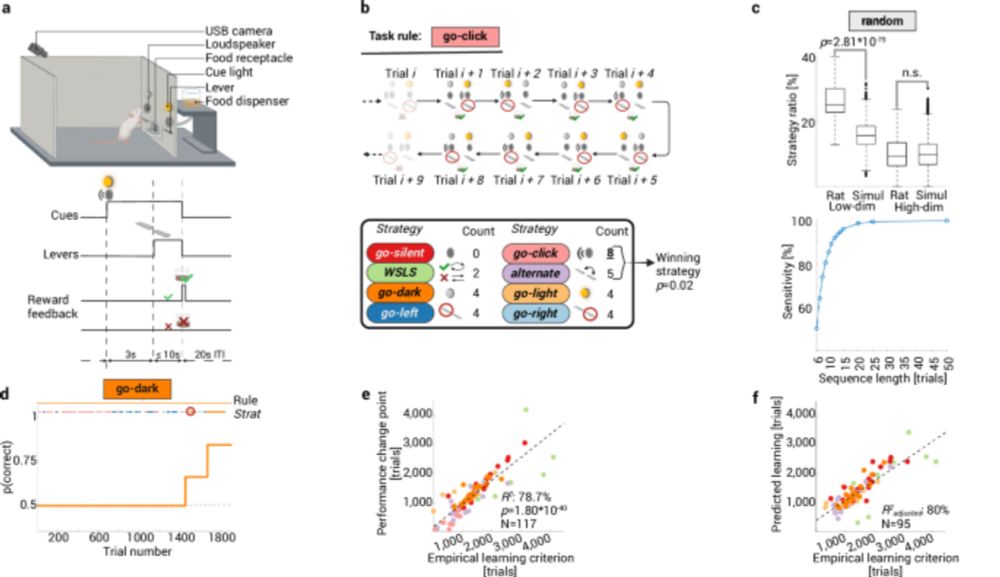
Abstract rule learning promotes cognitive flexibility in complex environments across species - Nature Communications
Whether neurocomputational mechanisms that speed up human learning in changing environments also exist in other species remains unclear. Here, the authors show that both rats and humans sequentially t...
www.nature.com
Reposted by Senne Braem
Reposted by Senne Braem
Reposted by Senne Braem
Jan R. Wessel
@janw.bsky.social
· Jun 9
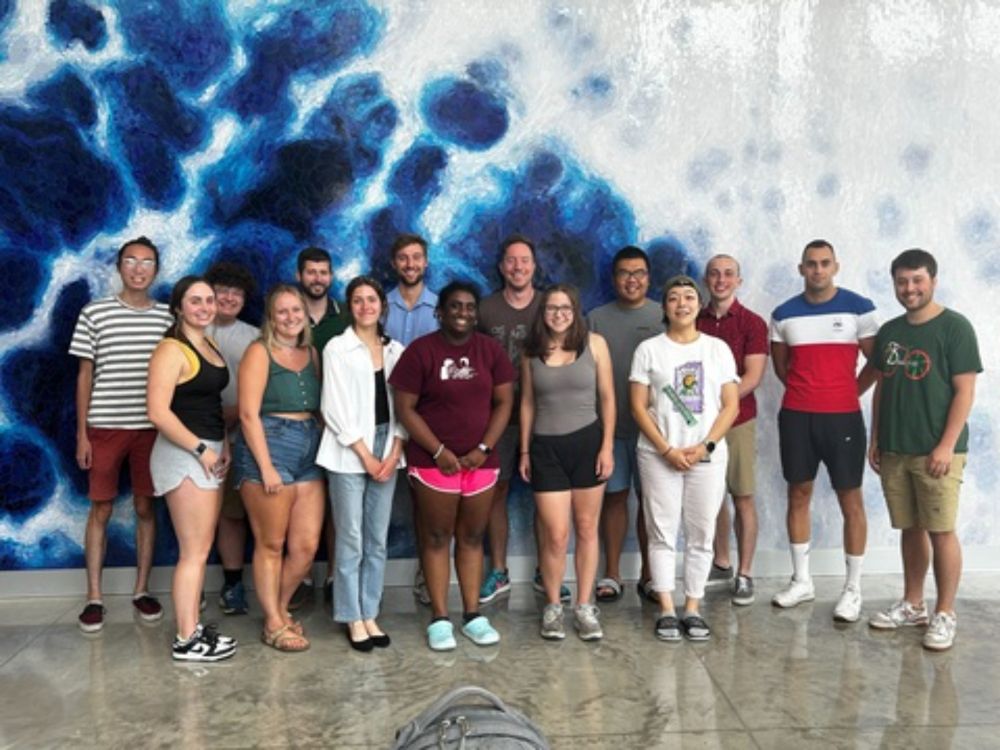
Wessel Cognitive Neurology Lab | The University of Iowa
Thanks for visiting the Cognitive Neurology Lab at the University of Iowa. The lab is directed by Dr. Jan R. Wessel. We are affiliated with the Department of Psychological and Brain Sciences, the Depa...
wessel.lab.uiowa.edu
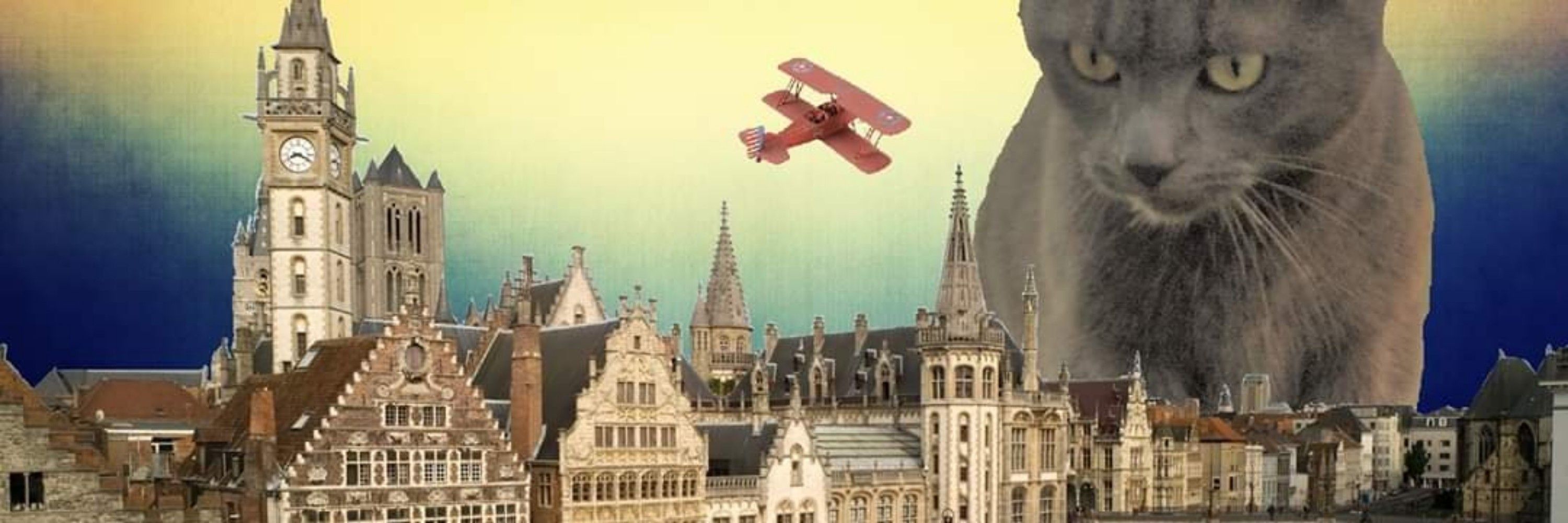




![What do representations tell us about a system? Image of a mouse with a scope showing a vector of activity patterns, and a neural network with a vector of unit activity patterns
Common analyses of neural representations: Encoding models (relating activity to task features) drawing of an arrow from a trace saying [on_____on____] to a neuron and spike train. Comparing models via neural predictivity: comparing two neural networks by their R^2 to mouse brain activity. RSA: assessing brain-brain or model-brain correspondence using representational dissimilarity matrices](https://cdn.bsky.app/img/feed_thumbnail/plain/did:plc:e6ewzleebkdi2y2bxhjxoknt/bafkreiav2io2ska33o4kizf57co5bboqyyfdpnozo2gxsicrfr5l7qzjcq@jpeg)

